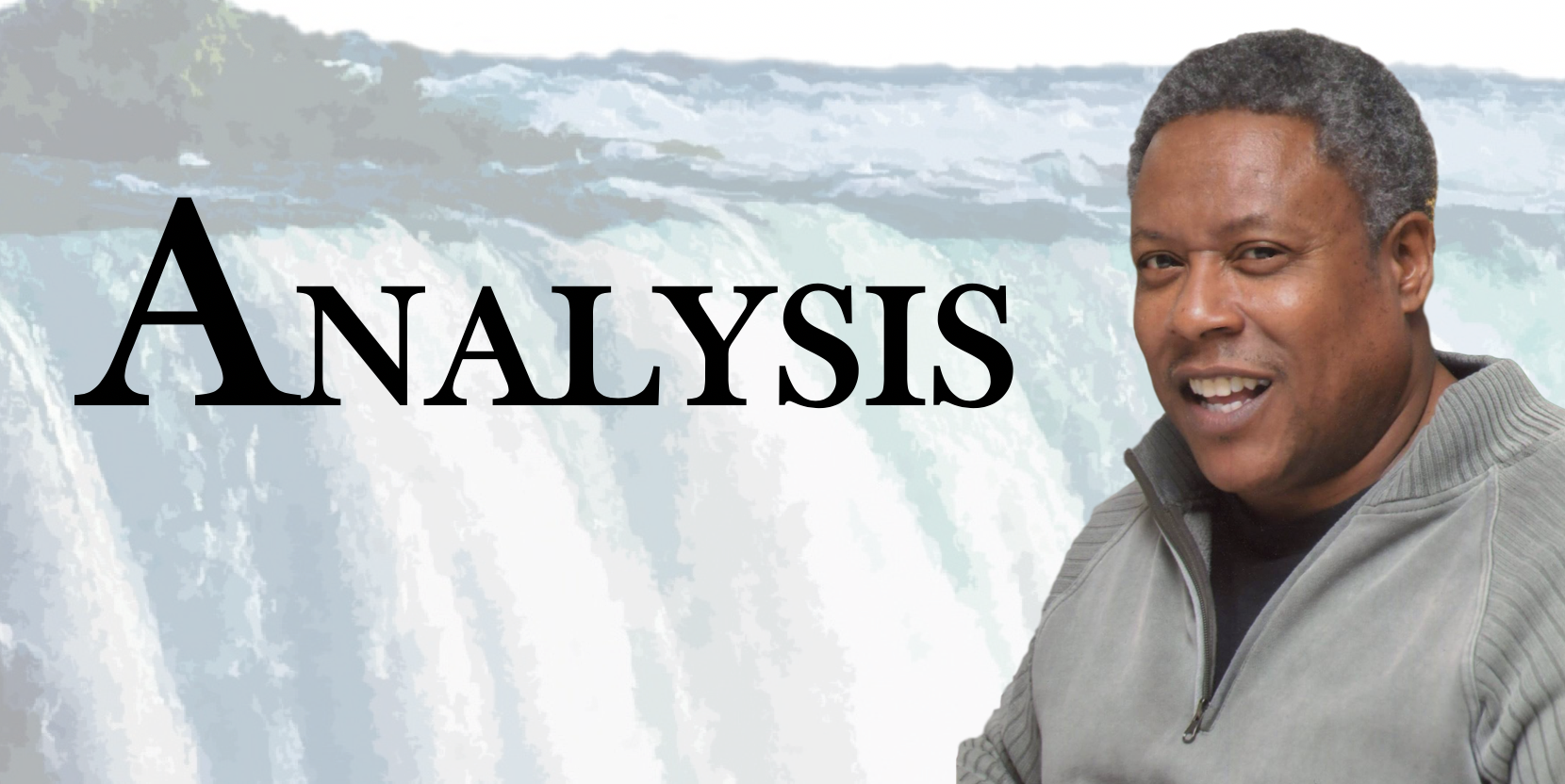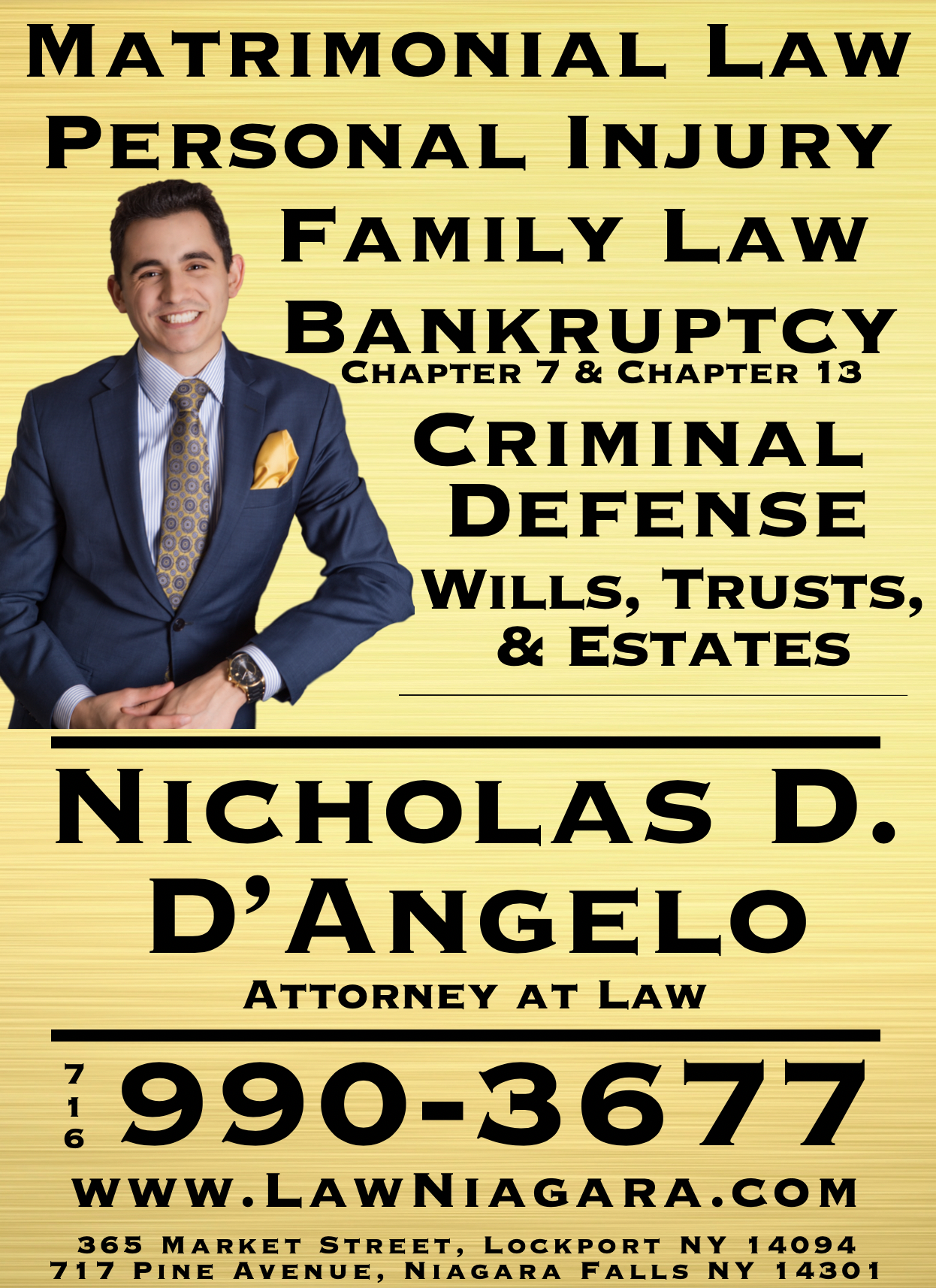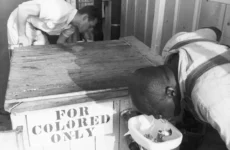Please click the link below to subscribe to a FREE PDF version of each print edition of the Niagara Reporter
http://eepurl.com/dnsYM9

By: Ken Hamilton
If our city of Niagara Falls NY isn’t the most unique city in the United States, then it is one of its most unique. We are an industrial city that sits atop the shoulders of one of the largest natural wonders in the world, and in the foot-fall of three bridges with one in nearby Lewiston — which all connect us to North America’s 7th largest metropolitan area of Toronto Ontario. We have huge hydroelectric plants, airports, trains and connection to high-speed roads. Additionally, waste treatment, burial and burning facilities are already here. In short, as small as we are, we still have everything in the world needed to be one of the nation’s most successful cities. But we aren’t.
We are one of the nation’s poorest cities, and it is because many, if not most of our politicians and candidates could learn a thing or two from the New York State Police exam.
I am often mistakenly told of how smart I am. I am not. I am simply as experienced as Mark Twain’s stove top cat; maybe less so, because I have jumped on a lot of metaphorical hot stoves, whereas Twain’s cat had learned its lesson not to jump on any hot stoves after having done it but once! My blessed curse is that I have had a high level of curiosity in how things work, honesty, and a highly exploratory nature – a nature that drove me to take the state’s police examination. I passed it with the highest possible score – 105 — and I turned down the job. There; so much for being smart, huh?
The lesson back then in taking the 100 question test, which I didn’t finish until moments before the call of “time’s-up”, and then having had to hurriedly fill-in the last listed answer of each of the five most difficult and unanswered questions remaining. That answer was “not enough information to come to a conclusion” and was the correct answer! Given the lack of success that the city has had, it’s the same answer that most candidates should most of the time give, and what most politicians should give a lot of the time.
But how could you blame the candidates or the politicians; who among them have ever been a successful mayor, councilman, legislator, senator or assemblyman, or even a governor, that has actually “fixed” this city, or any other city?
There are two big issues that the politicians and candidates face: one being is our uniqueness as a city; and the other is many of them not fully using the resources that are available to help them to make “best practices” decisions.
I probably shouldn’t say this, because inevitably it will be my loss; but from time to time I will peruse the waiting rooms and counters of the city’s offices and ask to take home to read the dated city-purchased magazines that they have out to browse while waiting. Many of those publications are old and their pages still stiff from them being either rarely used or never opened. To me, that’s indicative of them not filling in the fifth-circle answer of the police exam, “not enough information to come to a conclusion.”
But we have to blame ourselves for the politicians’ and candidates’ outcomes. All of these candidates are being vetted by the voters during this campaign season. If we criticize any of the winners too harshly, once they’re in office, then they could put us back on our heels the same way that outgoing Mayor Paul Dyster had put the now-gone former Councilman Charles Walker on his during a semi-heated council meeting where Walker’s testosterone levels rose and he vehemently criticized Dyster. Dyster snapped back at Walker’s assertions of Dyster mishandling the trash program contract – and he did – by saying, “You voted for it!”
We voters have to select politicians whom, at least, know that they don’t have many of the answers, but have proven successes in the ability to properly assess and measure the assets of our city and those of its people – as flawed as we all are; to do it in a way that coalesces enough of them into a single unit towards real progress; and then further having the ability to include every element of our city partners in its success.
Take this upcoming election seriously: it may be the last best chance that we have to make a real difference in the legacies of the past, our lives, and the lives of those to come. And let us all get enough information to make good decisions at the polls, and thereafter.





















